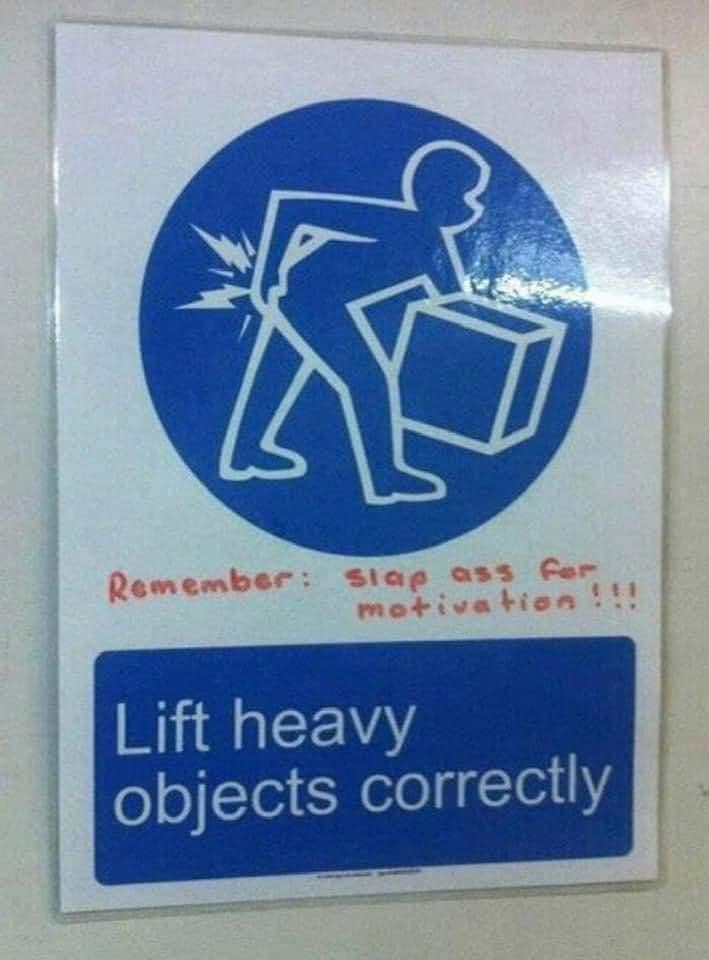I appreciate you trying to answer a question in good faith, but you're conflating 'liberal' with 'vaguely left-leaning', and none of what you've said makes any sense outside of current US political 'discourse' where 'Liberal' means 'slightly left-wing'.
What you describe as liberal economics is closer to Keynsianism or Social Democracy.
In economics, the 'Liberal' school of thought is generally against regulation and interference in the market, seeing it as being 'self-regulating'. In economic terms, Reagan and Thatcher were Liberals - hence them being associated with 'Neoliberalism'.
The whole thing you said about Capitalism tending towards monopoly is actually a very Marxist/Socialist idea - Liberal economic theory tends to argue that monopolies form because of government and that they wouldn't occur in a truly free market (although its more nuanced than that, there's major disagreements over 'Natural Monopolies' etc. within the Liberal school). Source: look up any Liberal economist/thinker and their view on monopolies. E.g Friedman, J.S Mill.
Capitalism being an economic system doesn't make it apolitical. 'In theory' Liberalism and Capitalism are very very closely intertwined, it's not implicit, it's absolutely explicit if you read any Liberal political or economic theory.
Economics is inherently political.
https://plato.stanford.edu/entries/neoliberalism/#Libe Sections 3 and 4 of this are a decent starting point.
Also the idea of slightly changing our voting systems as the way to drive change is quite hilarious. Sure, moving away from FPTP would probably help a bit, but it's not like countries with other systems are doing fine. These issues are more fundamental. And historically, fundamental change has never occured through small technical adjustments to political systems.

Sure, real economists don't explicitly hold those views. But the kinds of metrics and models liberal economists are fond of using basically lead to that flowchart.